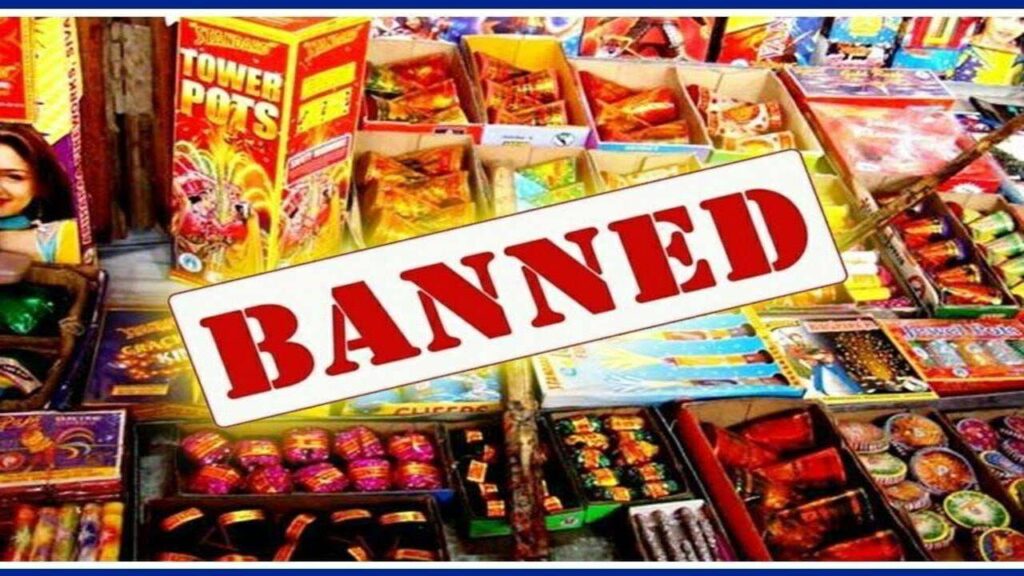In an effort to ensure security and maintain a safe environment during the transit of the President of India in Nagaland, a series of strict measures have been implemented. Drones, firing practice, and firecrackers have been banned in the region to uphold security protocols and prevent any potential risks.
The decision to prohibit drones stems from the need to control and monitor aerial activities during the President’s transit. The ban aims to eliminate any possible security threats that unmanned aerial vehicles may pose. Authorities are taking proactive measures to ensure a controlled airspace and safeguard the President’s journey.
Firing practice has also been restricted to prevent any accidental incidents or misinterpretations during the President’s passage through Nagaland. The ban on firing practice is a precautionary step to maintain a secure atmosphere and minimize any potential risks associated with live ammunition activities.
In addition to the ban on drones and firing practice, the use of firecrackers has been strictly prohibited. This restriction is in place to avoid any disturbance or chaos that may arise from the noise and commotion caused by fireworks. The focus is on creating a serene and controlled environment, befitting the transit of the President.
About The Safety Measures
These stringent measures align with the standard security protocols implemented during high-profile visits and transit of dignitaries. Authorities are working diligently to ensure that all necessary precautions are taken to guarantee the safety and well-being of the President during the Nagaland leg of the journey.
The ban on drones, firing practice, and firecrackers underscores the significance of prioritizing security arrangements during the transit of the President. Such precautions are essential to prevent any untoward incidents and uphold the dignity and safety of the highest office in the country.
Local authorities are actively communicating these restrictions to the public, emphasizing the need for cooperation to maintain a secure and peaceful environment. The goal is to facilitate a smooth and incident-free transit for the President through Nagaland, with strict adherence to the prescribed security measures.
As the region prepares for the distinguished visit, the implementation of these measures reflects the commitment of the authorities to ensure a seamless and secure experience for the President during the transit. The proactive approach in banning drones, firing practice, and firecrackers underscores the collective responsibility to safeguard the highest dignitary and uphold the sanctity of the occasion.


